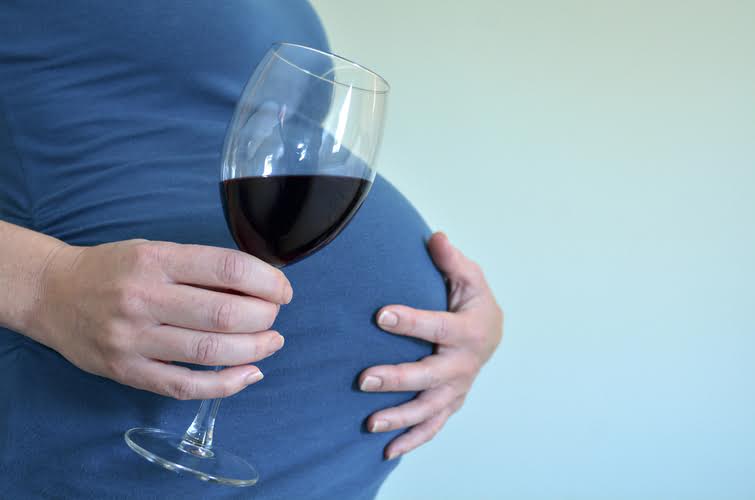Content
When people use alcohol or other drugs for a long period of time, they develop tolerance. That means they have to take higher doses of the substance to feel the same effects. Sometimes people regret using or drinking after a slip and find a renewed passion for recovery.
Learn up-to-date facts and statistics on alcohol consumption and its impact in the United States and globally. Explore topics related to alcohol misuse and treatment, underage drinking, the effects of alcohol on the human body, and more. The first two stages represent a progression away from recovery and toward a full relapse. Recovery is lifelong, and a relapse can happen at any time, even after years of not drinking. Surround yourself with supportive loved ones, attend self-help group meetings, and/or go to therapy sessions.
Can addiction be cured?
Warren is a Licensed Master Social Worker, who specializes in substance abuse and mental health treatment. Clinically, Warren has developed a therapeutic skillset that utilizes a strengths-based perspective, Twelve Step philosophies, Cognitive Behavioral Therapy and Motivational Interviewing. Common triggers of alcohol relapse include stress, anxiety, depression, peer pressure, and exposure to alcohol.
People will often go through treatment and have a period of sobriety. But what happens if, after being sober, someone starts drinking again? An alcohol relapse means you go back to drinking regularly after having a period of sobriety without the use of alcohol. When you are an alcoholic and have achieved sobriety, you are in recovery.
Sobriety, Relapse, and Addiction Recovery Statistics in 2023
Chip was inspired to pursue a substance use disorder treatment career after his experience with the recovery community. By addressing these triggers and taking proactive steps to avoid them, individuals can maintain their relapse rate alcoholism recovery progress and prevent potential relapses. Mental health issues like depression, anxiety or bipolar disorder can make it more difficult to stay committed to sobriety, increasing the likelihood of alcohol relapse.
- Experts think this occurs because the neural circuits involved in stress and mood are the same circuits involved in the brain’s reward system.
- In the case of addiction, brains have been changed by behavior, and changing them back is not quick.
- Parenting an adult addict can be a painfully isolating experience if you allow stigma to keep you from seeking support.
There are a few publications, including Psychology Today, working to change the perception of relapse within the addiction treatment community and society as a whole, convincing people that relapse doesn’t equate to failure. As reported by US News & World Report, drugs and alcohol actually change the chemistry of the brain so that when a person becomes dependent, it’s extremely difficult to function without the presence of the substance in question. Binge drinking on college campuses is common, and some studies are finding new and increased danger when it comes to teens and young adults taking part. Ultimately, relapse is a part of many people’s story, and it doesn’t prevent anyone from finding long-term sobriety.
Common medications used to treat drug addiction and withdrawal
Here’s a look at why alcohol relapse is so common and how treatment facilities can work to help alcoholics achieve long-lasting sobriety. Equally important is to learn to identify situations that carry high risk of relapse and to develop very specific strategies for dealing with each of them. High-risk situations include both internal experiences—positive memories of using or negative thoughts about the difficulty of resisting impulses—and situational cues. Engaging in self-care may sound like an indulgence, but it is crucial to recovery. For one, it bolsters self-respect, which usually comes under siege after a relapse but helps motivate and sustain recovery and the belief that one is worthy of good things. Too, maintaining healthy practices, especially getting abundant sleep, fortifies the ability to ride out cravings and summon coping skills in crisis situations, when they are needed most.

 Our company was established
since 2003
Our company was established
since 2003